We caught up with the brilliant and insightful Madison Marie McIntosh a few weeks ago and have shared our conversation below.
Madison Marie, thanks for joining us, excited to have you contributing your stories and insights. Can you talk to us about a project that’s meant a lot to you?
Some of my most meaningful work has been with Grey Team, a Florida-based organization that works to prevent suicides among veterans suffering from PTSD. Last year, Grey Team and I began a collaboration called Voices of the Valiant, whose main purpose is to encourage veterans to share their thoughts, feelings, and experiences. With the vets’ permission, their written works are paired with composers, who then compose songs that I will perform. Grey Team is now expanding into the medium of opera. Composer Amy Scurria and librettist Jeff Shankley (who is also a singer and actor known for his work with Andrew Lloyd Webber and the Royal Shakespeare Company) are collaborating on the first opera that Grey Team will present.
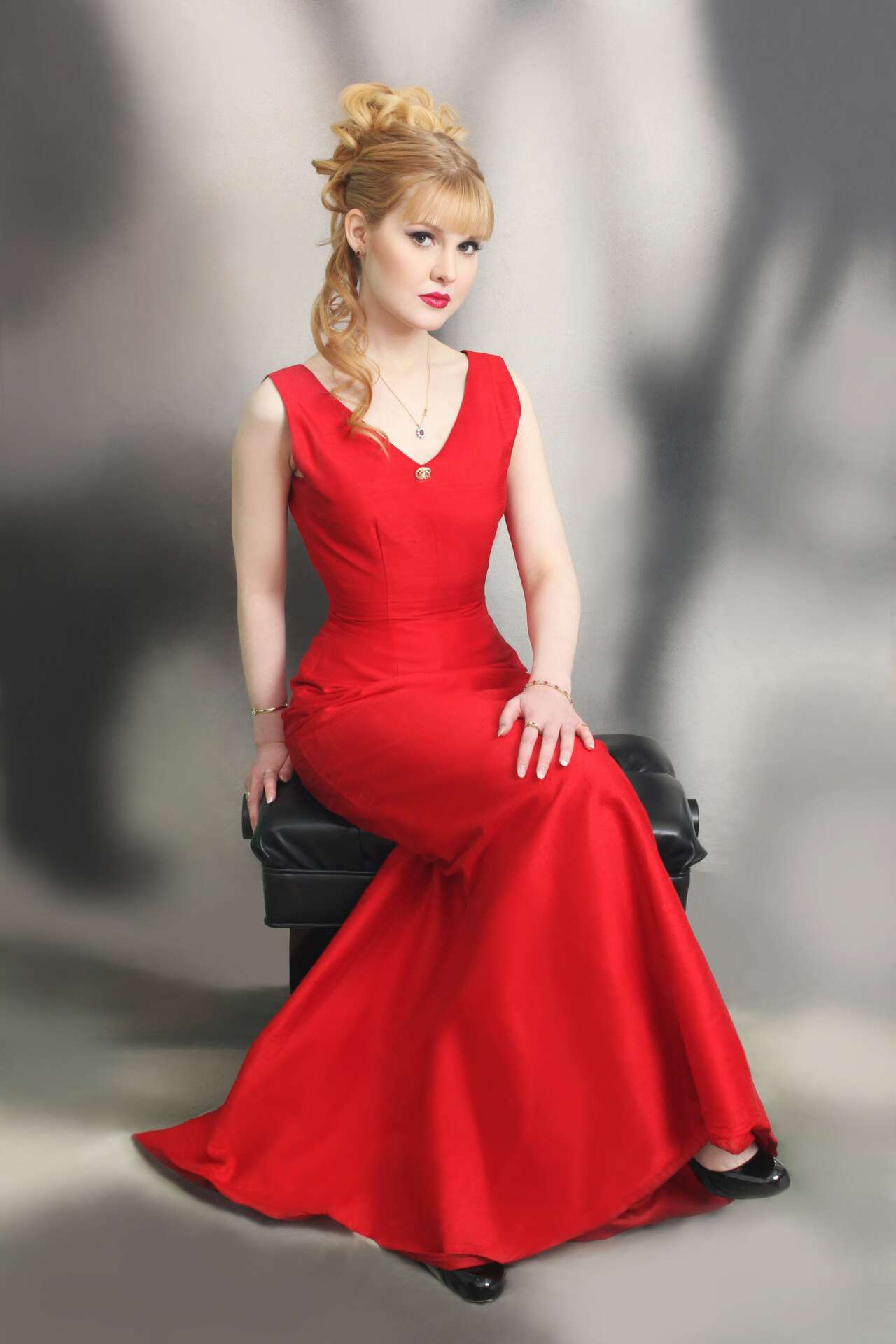

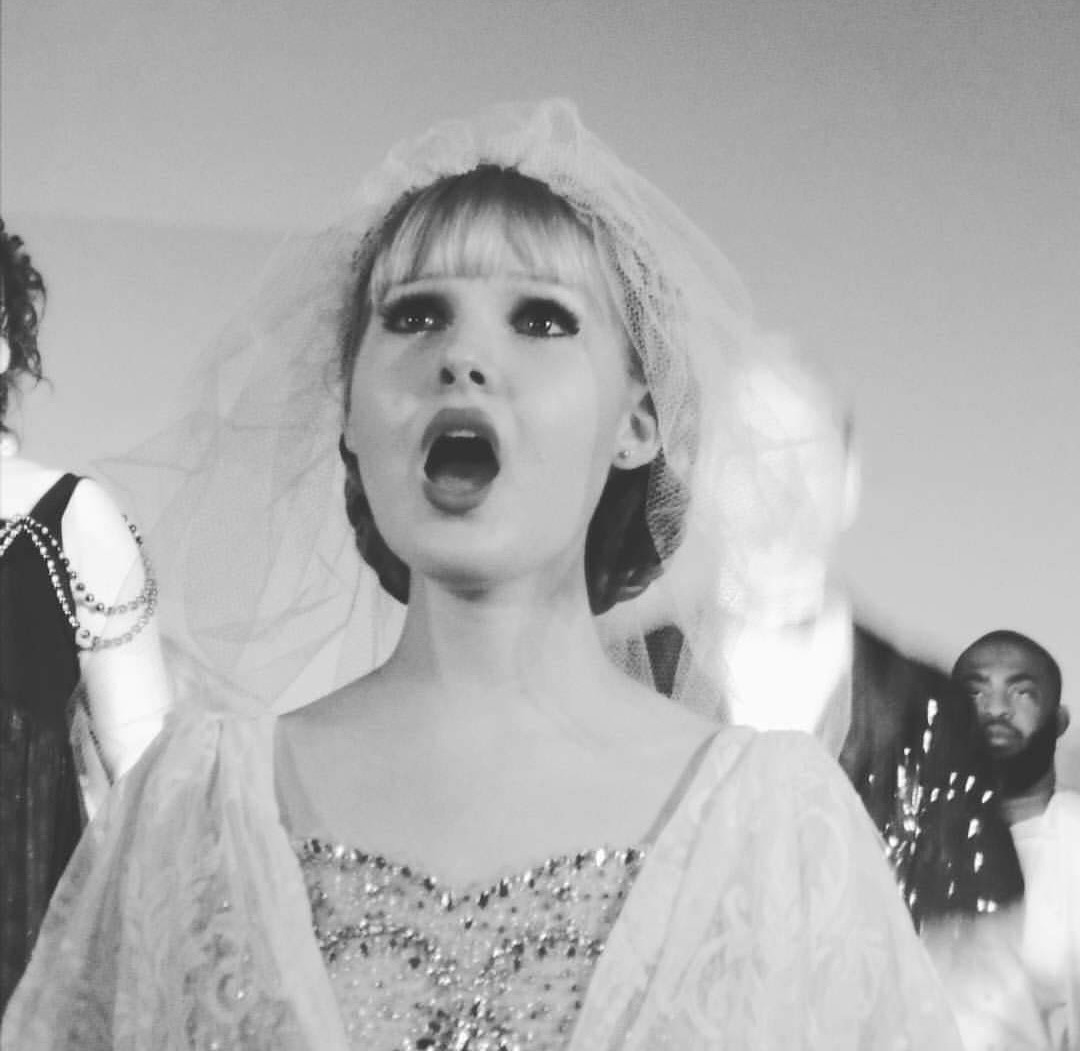
Awesome – so before we get into the rest of our questions, can you briefly introduce yourself to our readers.
As a mezzo-soprano, I get to portray a wide variety of characters – male and female. My most recent roles include the title role in Rossini’s 𝘊𝘪𝘯𝘥𝘦𝘳𝘦𝘭𝘭𝘢 with Fargo Moorhead Opera; the title role in Handel’s 𝘑𝘶𝘭𝘪𝘶𝘴 𝘊𝘢𝘦𝘴𝘢𝘳 with Connecticut Lyric Opera; and Francesca in the premiere of 𝘋𝘢 𝘗𝘰𝘯𝘵𝘦, by Neil Cohen and Roger Neill. My next role will be Hernán Cortés in the premiere of 𝘓𝘢 𝘔𝘢𝘭𝘪𝘯𝘤𝘩𝘦, by Nathan Felix, at the Albuquerque Museum.
I also am very grateful to have won The American Prize in Vocal Performance; performed with opera companies such as Caramoor, the Rossini Opera Festival, Teatro Nuovo, Sarasota Opera, Teatro Grattacielo, and the Phoenicia International Festival of the Voice; and performed in venues such as Carnegie Hall, Avery Fisher Hall (now David Geffen Hall), the Kravis Center for the Performing Arts, Bruno Walter Auditorium at Lincoln Center, Symphony Space, the DiMenna Center, the Wiener Kammeroper, and the Teatro Rossini.
Singing is my great love, but it was something that I did for fun long before it evolved into such a burning passion. When my Kindergarten class would sing “The Star-Spangled Banner” each morning, I would sing in my so-called opera voice – much to the consternation of my classmates. I would also embarrass my poor parents by singing very loudly in the congregation at church. Eventually, I auditioned for a school play in third grade, and the music director somehow contacted my parents and asked whether they knew that I had a voice for singing. They replied, “Well, we knew she was loud…” My parents were exceedingly supportive of me, though. I started to take voice lessons a year or two after that, by which time I knew that I wanted to be an opera singer.
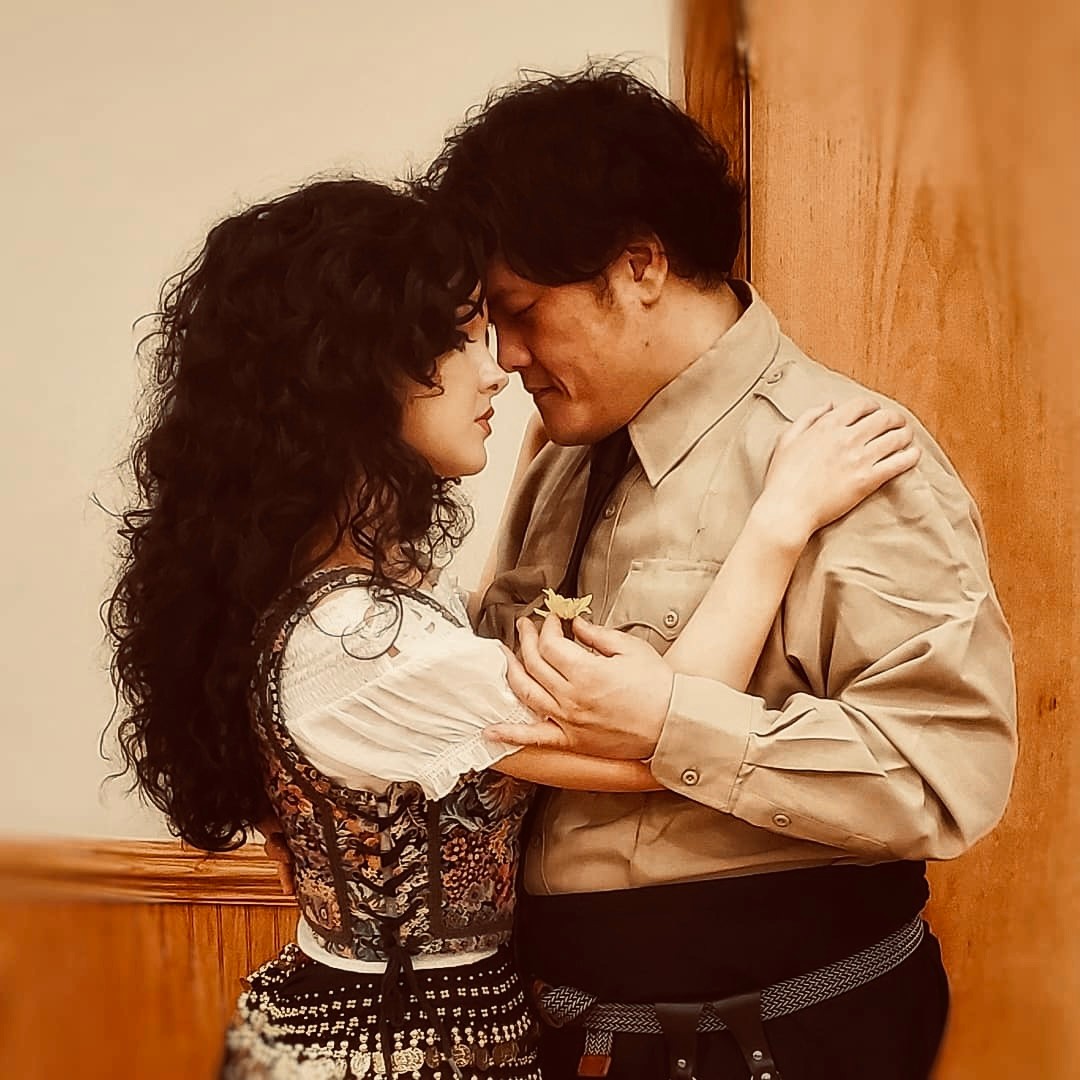

How about pivoting – can you share the story of a time you’ve had to pivot?
Before the pandemic, I was very grateful to be busy. Although I was constantly seeking new opportunities, I was able to go from one existing opportunity to the next without having to create new ones for myself. Of course, that came to a screeching halt at the beginning of the pandemic. Upcoming engagements were postponed indefinitely, and my schedule was completely blank. The world held its breath, and the future was terrifyingly uncertain. What was going to happen? How long would this pandemic last? What did the future have in store for performing artists?
A sense of productivity was a must for me, so I joined Instagram to increase my professional visibility during this complete dearth of performances. I had to do something more, though, but didn’t know where to start. As a worker bee, I had not usually been the one to come up with ideas for musical projects; but this now had to change.
I had the idea to record virtual premieres of songs, arias, and micro-operas by contemporary composers. I had already worked with a few composers in person and was becoming acquainted with more through social media. I got in touch with some of them in the hope that at least a couple might be interested, and the number of positive responses that I received was truly heartening. The composers shared so many wonderful pieces that the project later evolved into a virtual concert of all world premieres to benefit The American Prize.
I also learned to be less shy about self-promotion – something that I had previously dreaded. Although applause and publicity had been two of my favorite things since I was knee-high to a grasshopper, I preferred the publicity to come from external sources. I was quite happy to share posts made by opera companies, for example, but self-conscious when it came to posting original information about myself. It just felt braggadocious. After I got over that notion in a pandemic-era attempt to make things happen for myself, I made some great connections and had some wonderful opportunities that I would not have had otherwise.
As in-person collaborations began to resume, I let people know that I was ready, willing, and able to travel. Unfortunately, my voice does not come across very well in recordings; so this was exceedingly important. I definitely got a lot of driving practice when I travelled around the country to work in New York, Florida, Connecticut, Pennsylvania, North Dakota, and Minnesota. Live performance was an experience that I had learned not to take for granted.
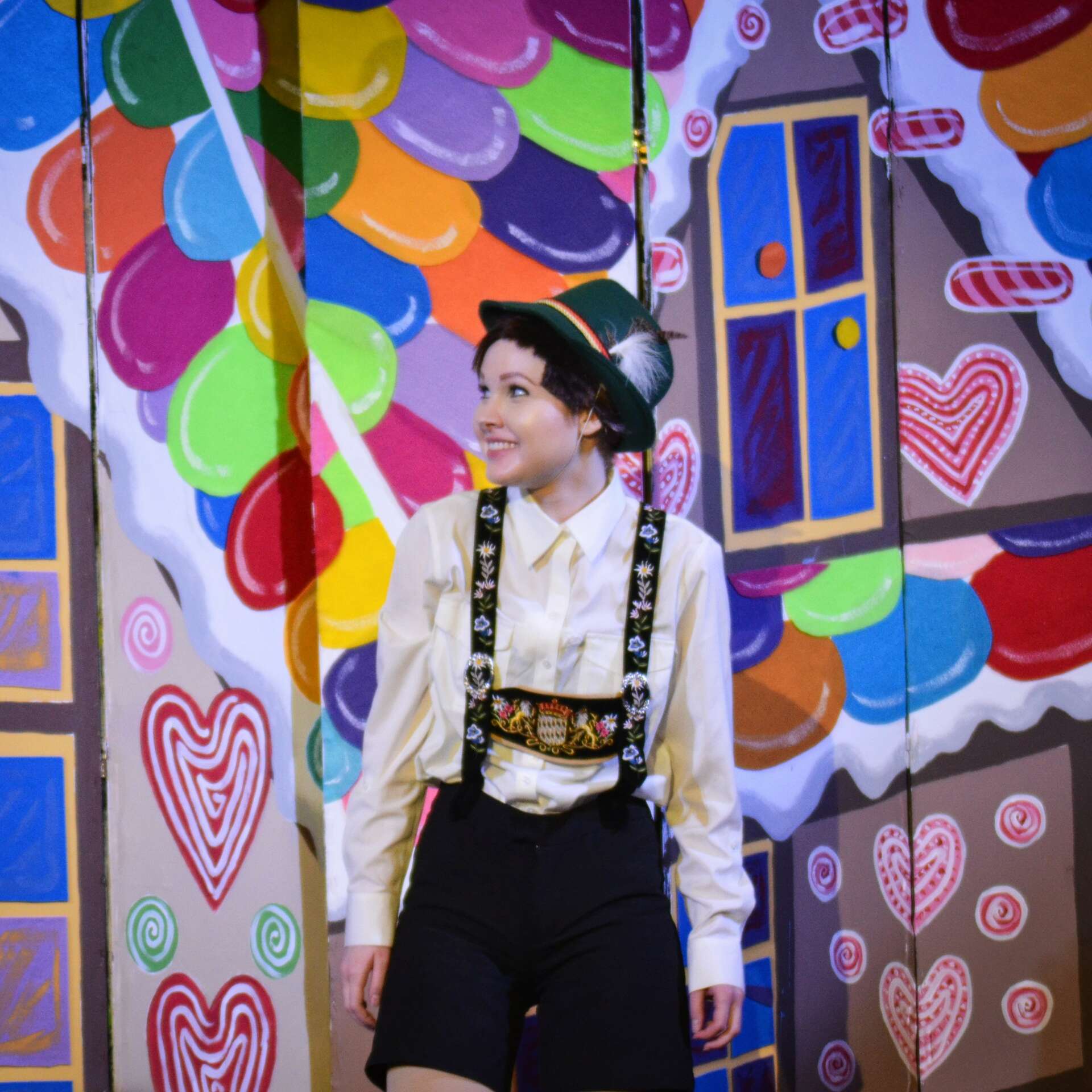
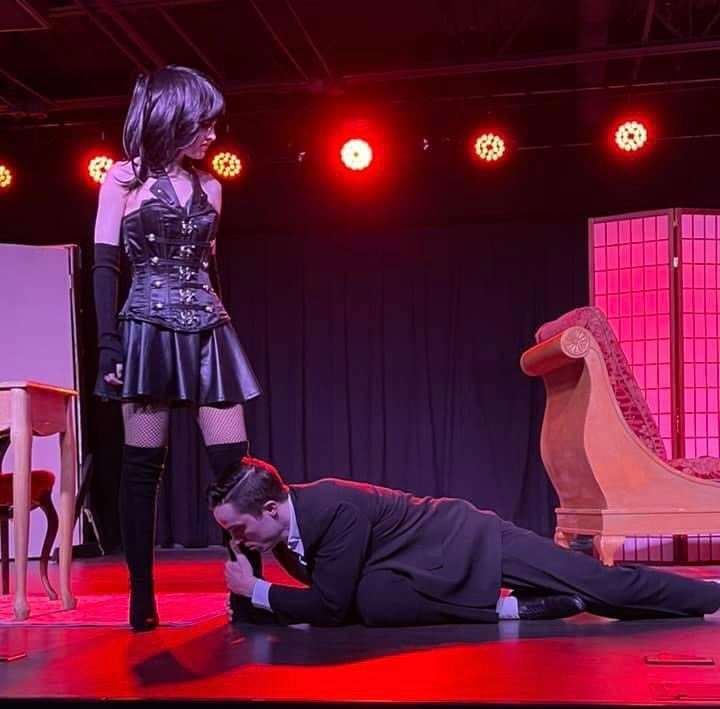
How did you build your audience on social media?
Before the pandemic, I did not fully understand the value of social media. I would use my Facebook Page to share opera companies’ posts about upcoming performances and to congratulate those companies and my colleagues on positive reviews, but I did not know how to use social media more actively in order to make new connections.
In March 2020, I joined Instagram to increase my professional visibility at a time when live performances were not taking place. Like other performers, I had way too much time on my hands; so this was a good time to learn Insta-strategies. Of course, I first had to learn the basics – such as that hashtagging a colleague’s name was not the same as tagging the person…
The downside of starting from scratch at that point was that there was no professional news. I had to get creative – and even, on occasion, slightly wacky in ways that incorporated singing and didn’t venture outside my brand.
That brings me to the one piece of social media advice that immediately comes to my mind. If you’re using social media to get yourself out there professionally, it’s important to present yourself on these platforms as you would like to present yourself in professional situations. Even at times when there’s not much news to share, it’s probably more beneficial to make just a few posts that publicize your work or showcase your skills than to post lots of pictures that don’t add to your brand.
Of course, I am still learning to use Instagram and other social media to the best of my ability; but I am grateful for the opportunities that have already come my way as a result of these highly accessible platforms.
Contact Info:
- Instagram: @MadisonMarieMcIntosh – https://www.instagram.com/madisonmariemcintosh/
- Facebook: Madison Marie McIntosh, mezzo-soprano – https://www.facebook.com/MadisonMarieMcIntosh/
- Linkedin: Madison Marie McIntosh – https://www.linkedin.com/in/madison-marie-mcintosh-9615b842
- Other: Management page: http://www.lombardoassociates.org/madison-marie-mcintosh


